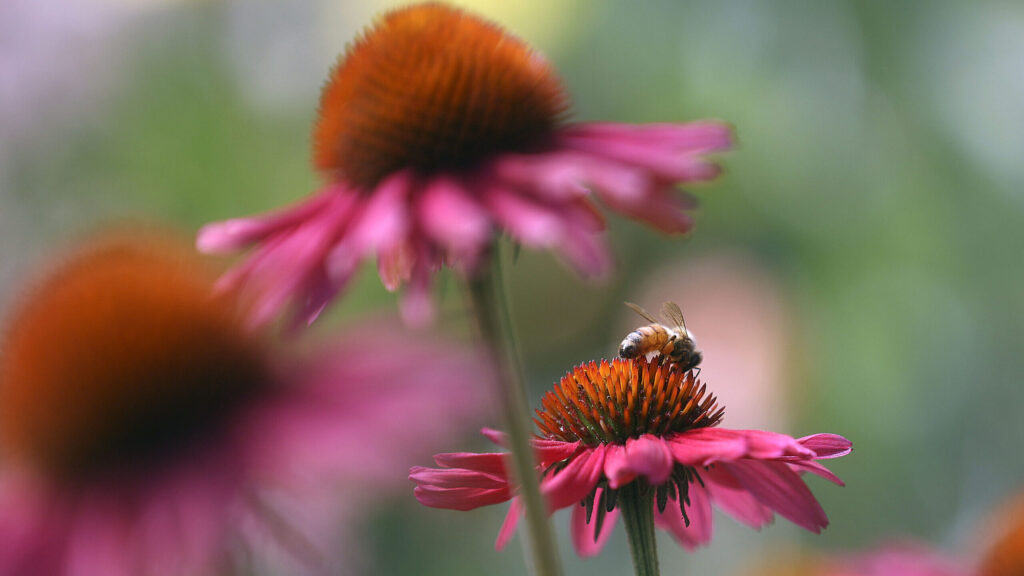Buzzing Back to Life: UDAF Launches Lifeline for Struggling Native Pollinators

Buzzing with Opportunity: Utah Offers Grants to Support Pollinator Habitats
Calling all environmental enthusiasts and nature lovers! The Utah Department of Agriculture and Food is taking a sweet step towards preserving our critical pollinator populations by offering exciting grants to support the creation of pollinator-friendly environments.
These grants present a golden opportunity for individuals, organizations, and communities passionate about protecting essential pollinators like bees, butterflies, and other crucial insects that play a vital role in our ecosystem. By providing financial support, the department aims to encourage the development of habitats that will help these tiny environmental heroes thrive.
Applicants interested in making a tangible difference can now apply for funding to establish gardens, restore natural landscapes, and create sustainable spaces that support pollinator health. Whether you're a gardening enthusiast, environmental nonprofit, or community group, this grant program offers a chance to contribute to local biodiversity and environmental conservation.
By investing in pollinator-friendly environments, we're not just supporting insects – we're protecting our agricultural systems, maintaining ecological balance, and ensuring a healthier future for Utah's natural landscapes.
